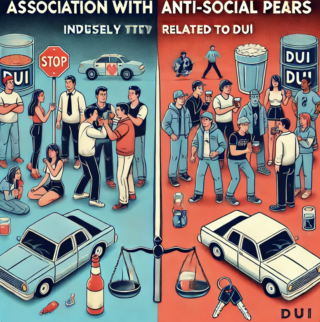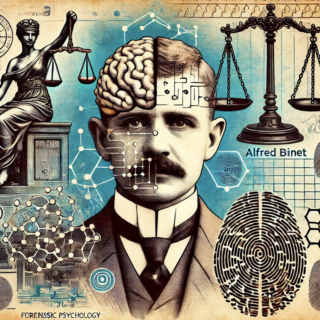Association with Anti-Social Peers Inversely Related to DUI
Most research on drunk driving tends to come from various social science communities focused on driving safety or substance abuse. Most individuals do not perceive a DUI as they would a normal "street crime"; and as a result there is very little research looking at the criminological concepts. Alcohol is seen as a social lubricant and its use is widespread in our culture. Driving under the influence often begins with attendance of a sporting event, having drinks at a bar, or just meeting some [...]











